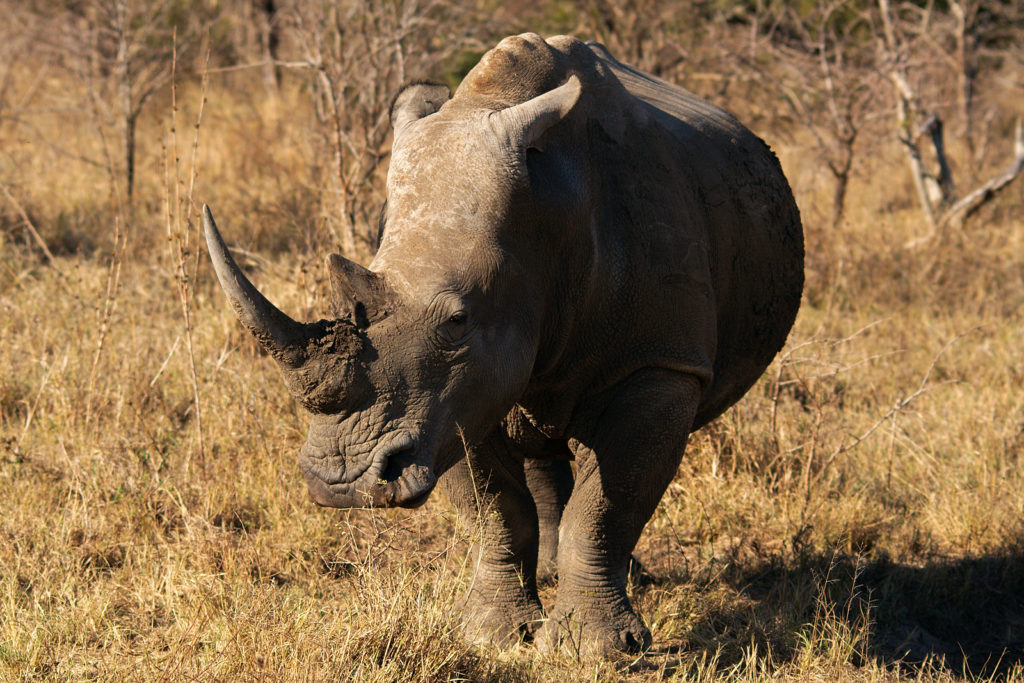
Corruption and organised crime often go hand-in-hand. Professor Michèle Olivier, Associate Professor and Chair of Law at Dar Al-Hekma University, describes the nexus between these two phenomena in developing countries through the lens of human trafficking and the illicit wildlife trade, highlighting serious challenges for proponents of anti-corruption.
Transnational crimes are normally committed by transnational organized crime groups. The United Nations Convention against Transnational Organized Crime defines an ‘organised criminal group’ (OCG) as “a structured group of three or more persons, existing for a period of time and acting in concert with the aim of committing one or more serious crimes or offences… in order to obtain, directly or indirectly, a financial or other material benefit”. These groups are in essence businesses like any other, motivated by financial gain and seeking out opportunities with high profits and low risks/costs.
Effective financial management and navigating regulatory/legal frameworks are critical to any business. OCGs and legal business operations share a dependence on financial institutions, quality of governance and the rule of law, or lack thereof. The cost is ultimately paid by the most vulnerable members of the global community, predominantly those in the developing world.
As transnational organised crime networks operate across national borders, understanding of the broader impact of international networks that support these crimes is needed. OCGs make use of legitimate structures and financial institutions to wash the proceeds of their crimes. In developing states, these crimes and corruption are co-dependant, thereby contaminating the entire economy. Transnational crimes typically cannot exist without corruption.
Corruption and good governance
Transnational crimes are enabled by weak governance which allows corruption to flourish. Corruption broadly refers to dishonest behaviour by those in positions of power. It includes the giving or accepting of bribes or inappropriate gifts, double-dealing, under-the-table transactions, manipulating elections, diverting funds, laundering money and defrauding investors.
Weak systems of government are not uncommon in developing states.Weak institutions create an environment for corruption to flourish, leading to poor enforcement, lack of transparency and accountability, and compromised adherence to the rule of law, thus reducing OCGs’ risks and increasing their profits. On the other hand, development – particularly improvements to governance, rule of law, delivery of social services and employment – undermines the strength of OCGs.
Capacity and efficiency in public sector management, accountability, access to information, and transparency are essential to good governance, and help to control corruption.
People trafficking and illegal wildlife trade as examples of transnational crimes
Trafficking in persons is a growing transnational crime with millions of victims, who end up in various modern forms of slavery, forced labour and forced marriages.
Illegal migrants are susceptible to exploitation and violations of their human rights. Often trapped in a cycle of debt that is almost impossible to escape from, their labour goes towards paying off the initial debt associated with the trafficking. Victims are generally unable to afford basic expenses like food, water, shelter, and health care provided by their “employers” or the traffickers, resulting in a continually growing debt. Human trafficking has serious security and economic impacts on individuals, communities and countries. It drains resources and undermines domestic stability and the rule of law.
The surging illegal trade in wildlife trade is fuelled by corruption, weak legislation and enforcement. It includes elephant tusks and rhino horns, exotic pets, food and traditional medicines. Per kilo, the retail revenues for ivory or rhino horn can be equal to or greater than the equivalent amount of cocaine or heroin, yet the legal penalties are considerably more lenient. This trade not only has a disastrous impact on species conservation but also deprives communities of natural resources and much-needed revenue streams.
Illegal wildlife trade often flows through the same corridors used for other types of trafficking, like drugs, arms, and human beings. For a fee, wildlife traffickers can use an established route, which lowers their risk of detection and seizure.
Laundering the proceeds of these crimes is the global shadow financial system. A vast network of banks, intermediaries and secrecy jurisdictions around the world move illicit money, including the proceeds of tax evasion, revenue from organized crime and resources of terrorist organisations. The revenues from transnational crime seldom have any long-term benefit to citizens, communities or economies of developing countries.


Leave a Reply